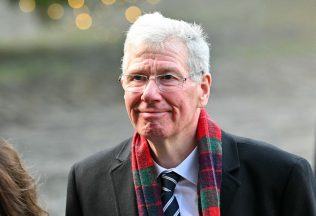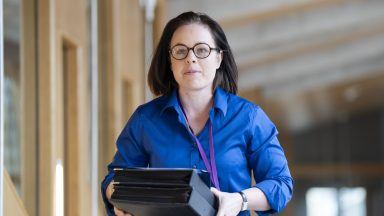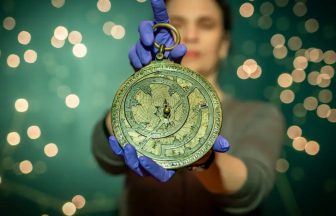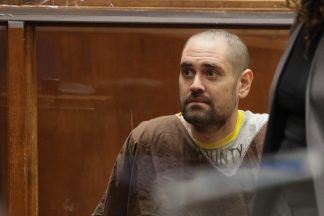MSPs on Holyrood’s health committee will make no overall recommendation on plans to legalise assisted dying for those suffering from a terminal illness.
The Health, Social Care and Sport Committee say next month’s vote is a matter of conscience for each individual MSP.
The committee also highlighted numerous areas it says will require further consideration at Stage 2, should MSPs vote to approve the Bill at Stage 1.
Liberal Democrat MSP Liam McArthur brought forward the legislation at Holyrood, which aims to give terminally ill adults the right to request help to end their life.
The committee acknowledged the definition of terminal illness in the Bill does not include a life expectancy timescale and that this would mean widening eligibility for assisted dying to include individuals who, although living with an illness or condition that is progressive and untreatable, may not be approaching death for a considerable period of time.
MSPs also concluded that the issue of conscientious objection for healthcare workers will require further attention should the Bill progress to Stage 2, to ensure the relevant provisions of the Bill provide an appropriate level of legal clarity and certainty for all parties involved in the assisted dying process.
Clare Haughey, convener of the health, social care and sport committee, said: “Ultimately, our Committee believes the Stage 1 vote is a matter of conscience for each individual MSP and as a result has made no overall recommendation as to how they should vote on the general principles of the Bill.
“However, should the Bill progress to Stage 2, we have highlighted a number of areas which we feel will require further consideration before the Bill can become law.
“These include issues around human rights, coercion, eligibility criteria, provision of assistance, self-administration and conscientious objection for healthcare workers.
“We also recognise that there are particular complexities associated with those aspects of the Bill which extend beyond the limits of the powers currently devolved to the Scottish Parliament.
“If the Parliament approves the Bill at Stage 1, there will need to be an open and constructive dialogue between the Scottish and UK Governments to resolve these issues and to allow the Bill to take full legal effect.”
On the issue of capacity, the committee said this would need to be assessed in a “fair and non-discriminatory way” for those with a mental disorder, while also seeking to give “suitable protection for vulnerable individuals”.
Additional safeguards could also be considered against “so-called ‘doctor shopping” – where people try to find a doctor who will support them to end their life.
The Bill is centred around allowing terminally ill people in Scotland to be assisted in their death. It has restrictions on what conditions it would apply to, the person would have to be 16 or over and resident in Scotland for at least 12 months, as well as have the capacity to take the decision.
This is the third time Holyrood has voted on the issue – there was also a proposal in 2004 that didn’t get enough support to be introduced.
However, the last vote on the issue was in 2015. Since then there’s been two Scottish elections, Westminster has started examining the issue following a Bill introduced by Labour MP Kim Leadbetter and, just last month, assisted dying passed its final legislative vote on the Isle of Man.
The Bill is centred around allowing terminally ill people in Scotland to be assisted in their death. It has restrictions on what conditions it would apply to, the person would have to be 16 or over and resident in Scotland for at least 12 months, as well as have the capacity to take the decision.
This is the third time Holyrood has voted on the issue – there was also a proposal in 2004 that didn’t get enough support to be introduced.
But the last vote on the issue was in 2015. Since then there’s been two Scottish elections, Westminster has started examining the issue following a Bill introduced by Labour MP Kim Leadbetter and, just last month, assisted dying passed its final legislative vote on the Isle of Man.
At Holyrood, this will be the first time that 86 of the 129 MSPs will have casted a vote on the issue. And for between ten and 20 of them, it’s still a decision they are wrestling with, meaning the Bill’s potential to progress is on a knife edge.
First Minister John Swinney said last year that he was “actively and carefully” considering his position, and would make his views known on McArthur’s Bill ahead of the vote at the Scottish Parliament.
Follow STV News on WhatsApp
Scan the QR code on your mobile device for all the latest news from around the country






























